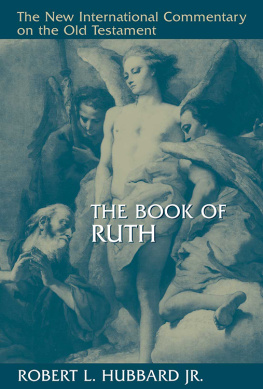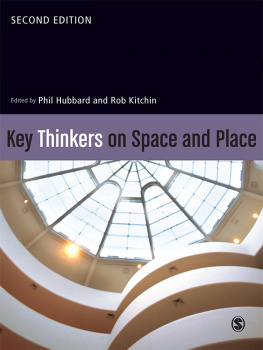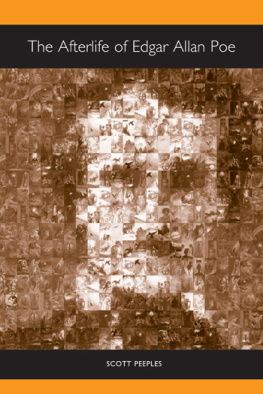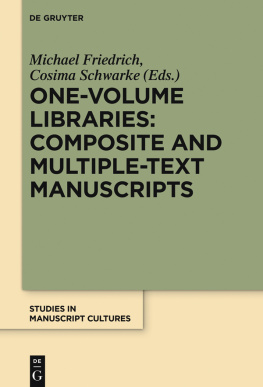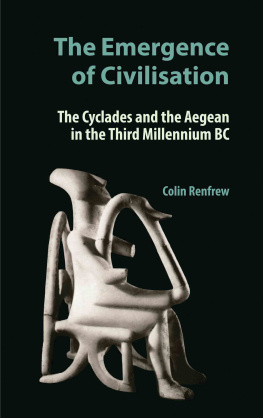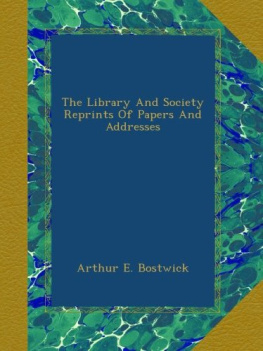PREFACE
The turning-point in past civilisations has been marked, again and again, by the appearance of Socialism coincidently with a failure of the birth-rate. During the lifetime of the present generation these two phenomena have assumed a more and more prominent position among the races of white men, and it has been my object to show how critical the position of any civilisation is when it reaches the point at which they are simultaneously manifested. I have tried to demonstrate that they are caused by the same force acting upon different materials, and that the supersession of that force by another and more powerful is indispensable to the stability of civilisation. My theme is not one that has permitted me to write with a running pen.
My most sincere thanks are due to Mrs. Renney Allinson for an immensity of kind and efficient help. She has not only prepared my manuscript for the press and compiled the index, but has rendered me valuable assistance by criticism and reference to authors.
I heartily thank, too, Mr. Clement John Wilkinson, M.R.C.S.Eng., alike for the welcome encouragement that he has given me during the progress of my task, and for the valuable time and work that he devoted to it.
The reader will see that this essay could not have been written had it not been preceded by Mr. Benjamin Kidds great work, Social Evolution.
A. J. H.
Little Dean, Newnham-on-Severn,
Gloucestershire,
October 1912.
CHAPTER I
The Antecedents of Civilisation
The question of the fate of the existing civilisation of Europe and America gives rise to one of the most interesting speculations that can occupy the mind, and the white man of to-day possesses the records of so many civilisations that have proved unstable, that the past spreads before him, for his learning, the vision of which Keble wrote, and he sees:
The giant forms of empires on their way
To ruin: one by one,
They tower and they are gone.
If he is oppressed by the repetitions of history, he may exclaim, with the melancholy emperor, Marcus Aurelius, that All things move in a circle. Or, perhaps in a braver mood, he may say that progress is intermittent, alternately falling back and anon coming forward at a higher level. He may believe that our present civilisation is indeed better than those that have collapsed, but he fears that its glory also will pass away, to be followed, in its turnin some remote extension of the futureby a higher order. Or, again, he may hope that, in spite of many analogies with those that have preceded it, our civilisation will not be lost, will not become merely a few ruins and a legend, but that its indefinite growth will prove it to be a permanent possession of the human race.
The question, by its very nature, does not allow of mathematical statement, nor will the scientific methods applicable to chemistry or physics avail. For we shall deal with the works of the human mind, and with human affairs, in a region wherein we shall see that the immediate decay or the endless growth of our civilisation is not subject to a fixed law, but depends, from generation to generation, upon the course of action that is taken.
All that can be ascertained, even by the most successful investigation, is a distinction between the constructive and the destructive forces; the discovery of the underlying principle that has promoted the growth of the civilisations and empires of the past, and the determination of the cause of their decay. If we can do this successfully, we shall possess nothing less than the knowledge of good and evil in the State, and we shall be provided with an understanding of the conditions that decide between the future loss of the civilisation that is our heritage, and its unlimited expansion.
Such a knowledge is not to be superficially acquired. When, for instance, we are told that the decline of Rome was caused by the luxury and effeminacy of the Romans, we are told exactly nothing. We require to know how and why such a change came over the noble spirit of the Romans of an earlier day. Furthermore, we require to know the cause of the strange spectacle of a similar occurrence in all the great Western civilisations of the pastin Babylon, Thebes, and Athens, as well as in Rome.
The cause of such a change can only be found in the fact that, in the decaying State, the force that had previously made for growth was overmatched by that which made for dissolution. It is important to observe that the phenomena which attend this change are invariable, although they appear under the most dissimilar circumstances, and in ages widely removed from one another. The forces themselves, then, must be constants, and we must seek for their origin far below and away from the surface of recorded history. History, in fact, like the world around us, gives only the resultant of these forces. An illustration may be found in the proposition that is known in mechanics as that of the parallelogram of forces. In this, two forces meet at an angle, and lines are drawn to represent them. The direction of the lines gives the direction of the forces, and the lines are drawn of a proper length to represent the magnitude of the forces relatively to one another. A parallelogram is constructed upon these lines, and a diagonal is drawn from their point of meeting to the opposite corner of the parallelogram. This diagonal will represent the resultant of the two forces under consideration, both in direction and magnitude.
Recorded history, so far as our present purpose is concerned, gives only this resultant of two component forces, one of these being that which makes for growth, and the other that which makes for decay. Of the work of these two forces, apart from the resultant, there neither is, nor can be, any record. A further analogy, that is of the greatest consequence, must be pointed out. As in mechanics, so in history, from the resultant it is impossible to divine either the direction or the magnitude of the components, for the possible ratios of direction and magnitude that would produce a given resultant are innumerable.
If, therefore, we would trace their operation in history, we must first find the components themselves. Then, indeed, if our search is successful, such a discovery will enable us to apportion to each of them separately the part that it contributes to the complex that we have before us.
The forces that we seek, or their more or less analogous predecessors, must be ultimately descended from forces that have been in operation from the very beginning. We must, then, commence our search, not where the conditions are so intricate as to make it hopelessnot, that is, even among the records of the most humble civilisationbut far away amid the more simple methods of animal life. For history itself reports only the end of a vast journey. The journey begins with the lowly beginnings of organic life, and is continued in successive marches; but it is the arrival alone that concerns the historian.


